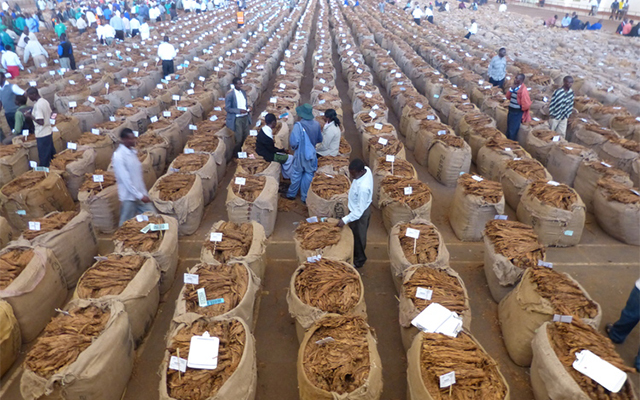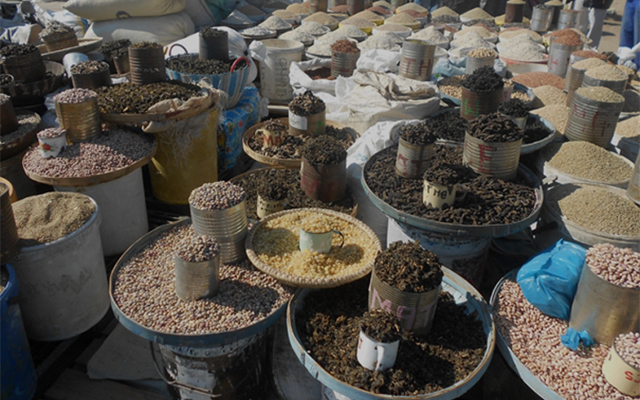Perspectives of a tobacco farmer


As a sign of improving agronomic practices, bale rejection rate for the season was lower by 17 percent compared to the previous season
Buhle Nkomo
Knowledge Madondo is a small-scale tobacco farmer who is based in Odzi area in Manicaland. He has been into tobacco farming for four years and this year he experienced a bumper harvest as his crop yielded more than expected although he practised dry land cropping. He planted two hectares with KRK 26 variety of the tobacco crop and managed to harvest 4 000kg of tobacco.Madondo attributes his yield to having ploughed early and water conservation techniques he used.
“Last season’s yields were good because I was guided by my contractor to do early ploughing. Early ploughing helps conserve moisture by inhibiting evaporation from the soil because dry land ploughing requires drought management as the rainfalls are unpredictable” said Madondo.
He stated that he was satisfied with being a tobacco grower as it is profitable, as he is able to provide for his family and his fortunes have improved whilst he is also able to positively contribute to the economy of the country.
“I cannot think of farming anything else besides tobacco because from my profit I can easily take care of my wife and send my two children to school. I also contribute to the country’s economic activity as I hire men and women whom I work with throughout the farming season.”
“I have also managed to buy a car with what I got from the last season and I can see progress in my life,” Madondo added.
Madondo, however, said he faced different challenges which involve shortage of equipment and skilled labour during the farming season.
“We don’t have enough equipment, we use cows and an ox-drawn plough. When it is time for harvesting we use scotch-carts and we lose lots of tobacco as it breaks along the way.”
He added that it was important that tobacco contractors invest in the small scale farmers by issuing out farming inputs, required skills and possibly mechanised equipment such as tractors.
Madondo also highlighted the need for the industry to keep farmers abreast with means and ways to adapt to climate change. This, Madondo said, helps keep the industry lucrative for the farmers.
“We need people who will help us monitor the crop and guide us through the season. If the crop is affected by a disease for instance or the leaf turns a certain colour, experts should be readily available to guide us accordingly with regards to how we are to address the situation we will be faced with if we are to produce a good quality crop.”
Besides tobacco farming, Madondo also earns an income from welding. Madondo is one of over 80 000 tobacco farmers who collectively earned $600 million in the 2015 /2016 tobacco farming season. The 2015 /2016 saw an increase in yield per hectare and the country yielding more tobacco than the 2014 /2015 season although the season had been characterised by the El-Nino weather phenomenon. As a sign of improving agronomic practices, bale rejection rate for the season was lower by 17 percent compared to the previous season.
For additional information contact TIMB on telephone numbers 0772145166 /9 or 0279-22082 /21982 or 025-3439 or 067-24268 /29246 or 0277-2700 or 064-7280 or 0271-6772 or Toll Free number 08006003/ 0731999999 or E-mail: [email protected]








Comments